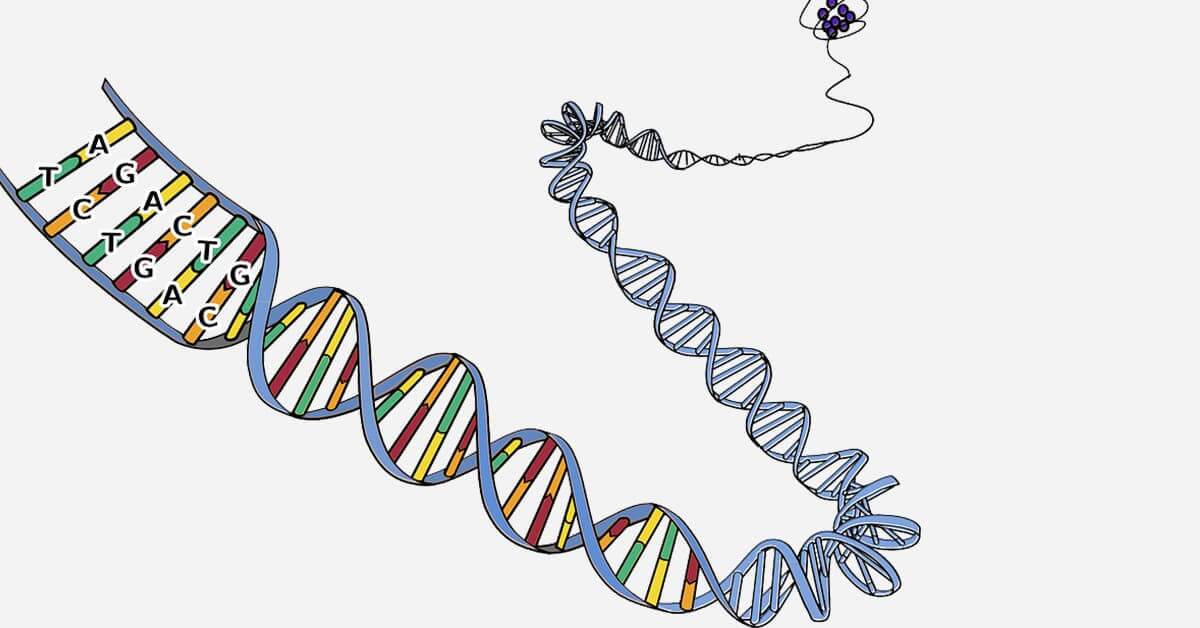We are excited to share journal publications like this one resulting from FORWARD data. There are many more papers currently in development, and the future for Fragile X syndrome research is bright as more data is gathered.
Behavioral dysregulation, or the impairment of behavioral processes, is common in Fragile X syndrome. A regularly cited group of behaviors in individuals with FXS, particularly males, is irritability, agitation, aggression, and self-injury (IAAS). These behaviors can put a strain on both the individual and their caregiver’s quality of life and there is little information about how to manage these behaviors with medication.
This publication in the Journal of Autism and Developmental Disorders presented information from a FORWARD dataset involving 415 individuals with IAAS behaviors. The study describes the psychopharmacologic management of IAAS and examines the characteristics of individuals that are treated with drug therapy for IASS.
Findings showed that among the individuals with FXS that were exhibiting IAAS, those receiving drug treatment were more likely to be older males with significant intellectual disability. The individuals receiving drug treatment were also more likely to have comorbid autism, anxiety, hyperarousal, and social impairment. The medications most used in this population are antipsychotic medications, particularly aripiprazole and risperidone, both of which are FDA-approved for treating irritability associated with ASD. Individuals were also prescribed drugs outside of antipsychotic medications, including selective serotonin reuptake inhibitors (SSRIs), stimulants, non-SSRI antidepressants, alpha-agonists, mood-stabilizers, and anxiolytics. Most individuals (63%) did not experience side effects from their drug treatment.
Why This is Important
This study contributes to the limited understanding of psychopharmacologic management of IAAS in FXS and will help guide future treatment.
What Are the Next Steps
A deeper analysis of long-term drug treatment of various target symptoms, more specific evaluation of each behavior within the IAAS symptom category, and more extensive analysis of drug tolerability over time.
Kelli C. Dominick, Howard F. Andrews, Walter E. Kaufmann, Elizabeth Berry-Kravis, and Craig A. Erickson. Journal of Child and Adolescent Psychopharmacology. Dec 2021.659-669.http://doi.org/10.1089/cap.2021.0042
 About the FORWARD-MARCH Registry & Database
About the FORWARD-MARCH Registry & Database
Since 2012, the CDC has funded four FORWARD Fragile X studies to expand understanding of Fragile X syndrome. The NFXF has been coordinating study efforts since the beginning and has been vital in ensuring its success.
FORWARD-MARCH is the next step and will collect more detailed information from participants to better understand FXS and improve the lives of children and adolescents with FXS and the lives of their families.
Below are more journal publications resulting from FORWARD data.
more from forward
Early Life Language Development in Fragile X Syndrome
FORWARD // This study is one of the first to examine early language development through vocal production and the language learning environment in infants and toddlers with FXS utilizing an automated vocal analysis system.
The Future of Fragile X Syndrome
Research Summary // The present challenge is to move from accurate diagnosis to public health action for FXS, requiring better understanding of the natural history of FXS.
Featured image by Clker-Free-Vector-Images from Pixabay



